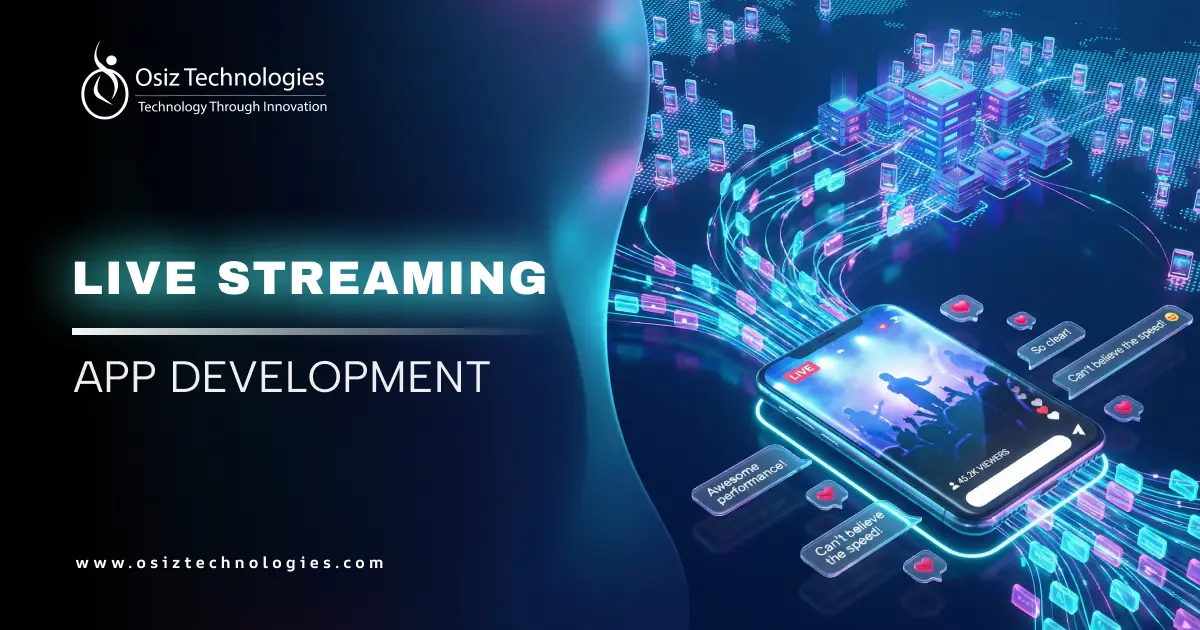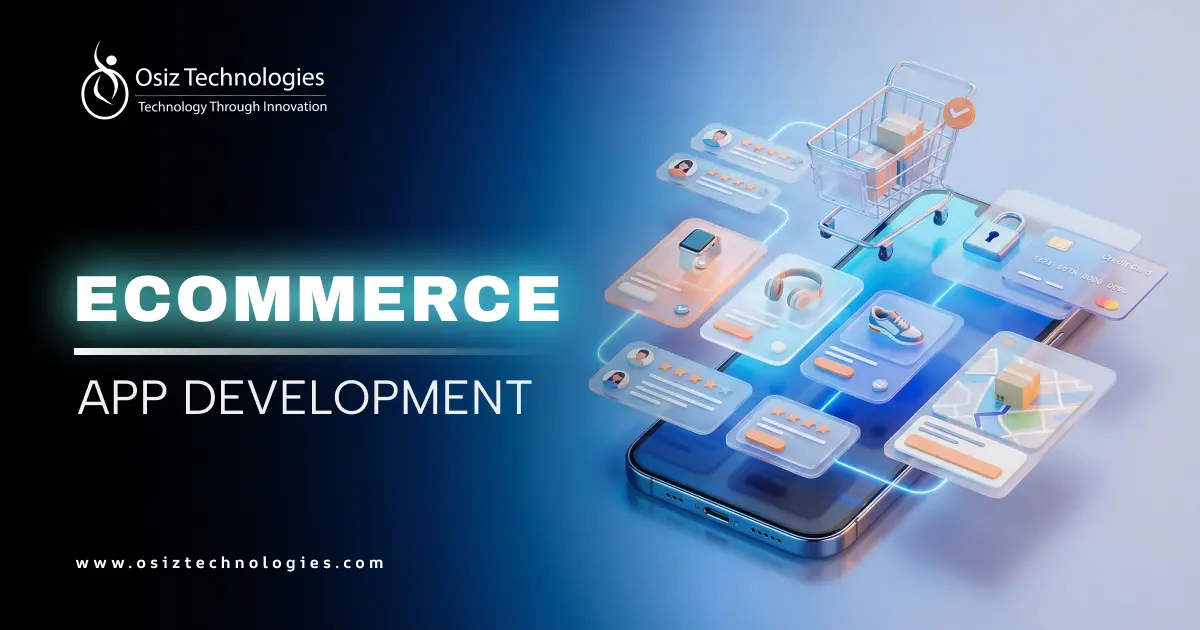Game monetization is about generating revenue through various methods such as in-game purchases, advertisements, or subscription models. It requires a careful balance of providing valuable content to players while encouraging them to spend on optional items. Developers must understand player psychology and motivations to effectively align monetization strategies with player preferences, creating a beneficial situation for both parties.
In this blog let’s know the significance of game monetization, the positive and negative monetizing strategies, features, and ways to increase mobile game monetization.
Let’s Explore!
The Importance of Game Monetization
The video game industry has evolved into a multi-billion dollar market, valued at around $197 billion annually. Mobile gaming, in particular, is a significant contributor, generating over $91 billion in revenue each year.
Models of Game Monetization
The gaming industry utilizes various mobile game monetization models, with no single approach fitting all scenarios. Game developers often choose different models based on their target audience and the type of game.
Pay-to-Download Model (P2D)
Also known as the "premium" or "pay-to-play" model, this approach requires players to pay an upfront fee to download and access the game. Once the payment is made, players gain full access to all the game's content and features, with no additional in-game purchases needed to progress or enjoy the game completely.
Free-to-Play (F2P) Model
The free-to-play (F2P) model has become extremely popular, especially in mobile and online gaming. In this model, the game is free to download and play without any initial cost. Game developers generate revenue streams through various in-app purchases (IAPs) or virtual goods, such as cosmetic items, power-ups, in-game currency, or other enhancements that players can buy to improve their gaming experience.
Pay-to-Win Model (P2W)
The pay-to-win model is a contentious monetization strategy that has drawn criticism from players and gaming communities. In pay-to-win games, players can purchase in-game items, upgrades, or advantages that significantly impact gameplay, providing a distinct advantage over those who do not spend money. This model can lead to an unbalanced and unfair gaming environment, as paying players can progress faster, defeat opponents more easily, or access exclusive content unavailable to non-paying players. Pay-to-win models are often viewed as "paying for success," which frustrates players who prefer skill-based challenges and a level playing field.
Features of Mobile Game Monetization
Player engagement is crucial for effective monetization. Loyal and satisfied players are more inclined to spend money on in-game purchases. Strive to create an immersive gaming experience that keeps players engaged and wanting more. Here are some proven monetization methods to enhance your game's revenue:
In-App Purchases (IAP):
In-app purchases are a popular monetization strategy where players buy virtual goods or currency within the game. Offer a variety of IAP options that enhance the gaming experience without being necessary for progress.
Ad Monetization:
Incorporating ads into your game can generate a consistent revenue stream. Consider using rewarded ads, where players receive in-game rewards for voluntarily watching ads.
Subscription Model:
Subscription-based monetization provides players with exclusive perks and content in exchange for a recurring fee. This approach can build long-term player loyalty and provide a predictable revenue stream.
Loot Boxes and Gacha Mechanics:
Loot boxes and Gacha mechanics can create excitement as players anticipate valuable rewards. To maintain player trust, ensure these mechanics are fair and transparent.
Limited-Time Events and Sales:
Arrange special in-game events or sales featuring exclusive rewards. Limited-time offers instill a sense of urgency, motivating players to make purchases.
Offering Early Access:
Offering early access to upcoming game content or features can motivate players to financially support your game.
How To Maintain a Positive Reputation While Generating Revenue
If you want to monetize your game as a game developer team, consider ethical practices, prioritizing player satisfaction and fairness. The following points will help you maintain a positive reputation in revenue generation:
-
Transparency and Honesty
-
Balancing Free and Paid Content
-
Avoiding Pay-to-Win Mechanics
-
Respecting Privacy and Data Security
How To Increase Mobile Game Monetization
Increasing monetization in mobile games is crucial for driving revenue and ensuring long-term success. A successful strategy balances generating income with delivering an enjoyable gaming experience. Here are practical ways to enhance monetization:
Understand Your Audience:
Gain insights into player behavior, preferences, and spending patterns to optimize monetization strategies.
Strategically Offer In-App Purchases (IAPs):
Integrate appealing in-app purchases like virtual goods, power-ups, and exclusive content to enhance the gaming experience.
Implement a Free-to-Play Model:
Adopt a free-to-play (F2P) approach to attract a wider player base. Focus on engaging core gameplay without immediate pressure to spend money.
Optimize Ad Monetization:
Implement ads strategically to maximize revenue while maintaining a positive user experience. Ensure ads are balanced in frequency and placement, and provide players with the choice to remove ads via in-app purchases.
Incorporate Rewarded Ads:
Use rewarded ads that offer in-game rewards for watching ads voluntarily, encouraging player engagement without intrusiveness.
Leverage Data Analytics:
Utilize data analytics to track player behavior, identify spending trends, and refine monetization strategies based on player needs.
Launch Seasonal Events and Limited-Time Offers:
Create time-limited events and special offers to create urgency and incentivize purchases among players.
Offer Subscription Services:
Implement subscription models with exclusive benefits and rewards to establish a consistent revenue stream and foster player loyalty.
Encourage Social Engagement:
Incorporate social features to encourage player interaction and foster community building, thereby deepening player engagement with the game.
Personalize Offers and Discounts:
Customize offers to increase player responsiveness and engagement with monetization opportunities.
Cross-Promote Your Games:
Utilize your game portfolio to cross-promote new releases or updates, leveraging existing player bases for increased engagement and monetization.
Collaborate with Influencers:
Partner with influencers to promote your game and its monetization features, leveraging their reach and influence to boost player engagement.
Invest in User Acquisition:
Invest resources into targeted user acquisition campaigns aimed at attracting high-value players who are more inclined to engage with your game's monetization features.
Regularly Update Your Game:
Provide consistent updates, new content, and improvements to maintain player interest and increase monetization opportunities.
Maintain Player Satisfaction:
Prioritize player satisfaction and fairness in monetization strategies to avoid negative feedback and build a loyal player base.
Examples of Bad Monetization in Games
Poor game monetization refers to strategies that prioritize financial gain over player satisfaction and fairness. Here are some examples of detrimental monetization practices in games:
-
Pay-to-Win Mechanics
-
Loot Boxes and Gacha Mechanics
-
Aggressive In-App Purchase Prompts
-
Excessive Advertisements
-
Misleading Pricing and Hidden Costs
-
Predatory Microtransactions
-
Blocking Game Progression with Purchases
-
Ignoring Player Feedback
-
Lack of Value in Purchases
-
Exploitative Monetization in Children's Games
Osiz's Expertise in Games Monetization
Osiz, a Game Development Company with 15+ years of experience in the market, provides full-cycle game development production and player-centric advice on strategies for in-game monetization. With years of experience and a deep understanding of the gaming ecosystem, Osiz knows how to get the best out of monetization in the post-production stage.
We offer mobile game development services, including:
-
Fully executed development
-
Concept art and design
-
Quality assurance and testing
-
Game monetization or ads in video games
-
Localization of the game
-
Post-release support
Osiz adopts a tailored approach when advising on game monetization, recognizing that each game possesses its unique identity and audience. They emphasize thorough research, data analysis, and market trend evaluation to ensure their monetization plan perfectly suits the game's audience and niche.
Summary
Successful game monetization requires a deep understanding of player behavior, ethical practices, and a customized approach for each game. By focusing on player satisfaction and delivering compelling experiences, game developers can develop financially successful games while also cultivating a positive reputation within the gaming industry.
Other services we offer,
Listen To The Article












